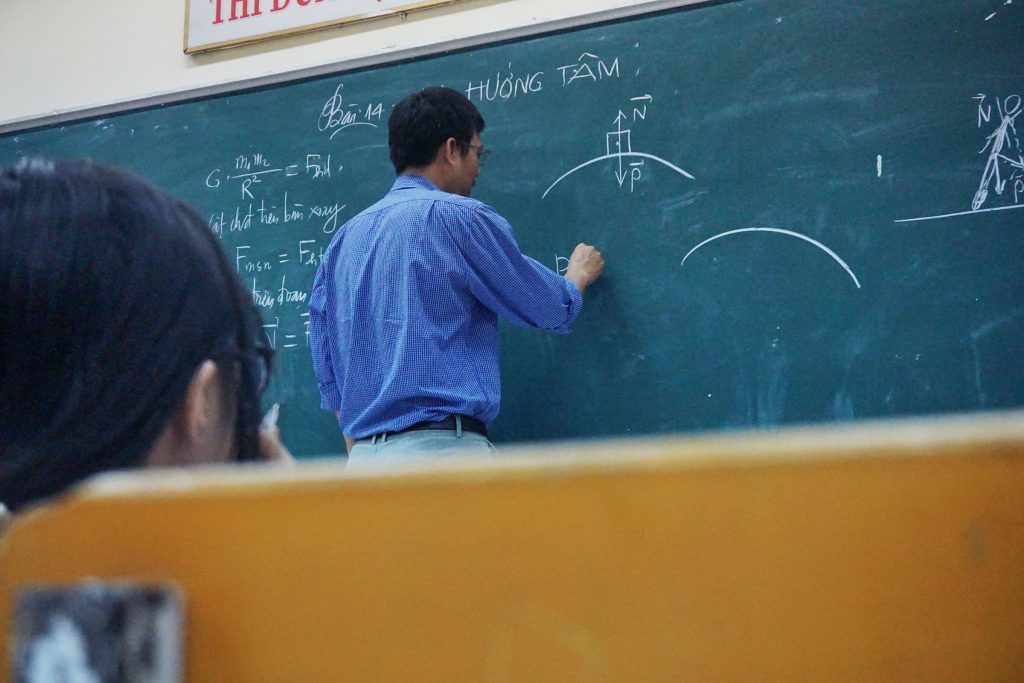Colleges often handle academic misconduct cases almost every day of their school calendar.
Behaviors like plagiarism, theft, cheating, collusion, bribery, and data fabrication among others have become troubling episodes.
This article examines various factors that cause these behaviors among many college students.
1. Teachers

A student may feel the need to compete or get back at the teacher by cheating. Especially, if the teacher is unfair or harsh, or has a grading curve.
Teachers can also contribute to academic dishonesty if they accept bribes from students.
If a professor asks a medical student for sexual favors in exchange for better grading, the scholar may collude with others to pass the course.
The scholar is allowed to seek help from a medical student discipline defense lawyer for a lawsuit against the professor. For more information on the same plus guidance, you can visit https://www.studentdisciplinedefense.com/.
2. Poor Time Management
Other commitments like extracurricular activities, family responsibilities, and jobs take most of the scholars’ time.
Students may inevitably resort to cheating at the last minute of doing their exams for fear of failure.
Students need to understand how to handle and prioritize their school work and not overload themselves.
3. Lack of Clear Goals

Students all have different reasons for joining college. For some, it’s the passion to get educated and for others, it’s for grades and graduation.
The scholars who join college for grades end up cheating than those who value education.
Academic goals help a scholar to avoid committing an academic offense and get ahead in life with a clean record.
4. Ethical Factors
Colleges receive thousands of international students from different cultures and different moral values.
Students who dislike cheating might make up reasons that “certain” cheating ways are acceptable.
A scholar from a poor background whose parents are striving to raise tuition fees for them may be tempted to cheat all in the name of not wanting to “let the parents down”.
5. Futile Study Habits

Poor study habits such as multitasking, cramming at the last minute, and lack of sleep are factors that also cause academic dishonesty.
Students who don’t know how study strategies help in the course demand will opt to cheat or plagiarize work.
Teachers should assist scholars by discussing with them ways to improve their study culture.
6. Fear of Failure
The fear of failing even before joining college is what most scholars struggle with. This makes them forsake their studies early on.
Students who don’t believe that they can be successful in academics might get this fear of thinking they’re not good enough.
This kind of fear pushes most scholars to implement academic misconduct to achieve their desired grades.
7. Extracurricular Activities

Students involved in sororities, sports, playing cards, watching TV, are likely to abandon their studies and have a likelihood to cheat.
A scholar’s cheating risk is minimal when he or she doesn’t take part in extracurricular activities.
You’ll find a student who registered in these activities will have less time to cover for his studies. And to avoid failing in grades, they’ll use any form of academic dishonesty to get those good grades.
8. Peer Pressure
It’s one of many factors contributing to academic dishonesty that peer pressure plays a part in. When a student sees their fellow scholars cheating, they will also cheat.
If a group of students approaches a scholar to do their assignments for them in exchange for a “spot” in their group, this scholar will not think twice to do so.
Pressure from parents is also a factor. If a student comes from a family that expects them (scholar) to get good grades and graduate. This puts a lot of pressure on the scholar who ends up cheating.
9. Justification

Students often resort to cheating due to various reasons. The use of these excuses allows scholars to commit academic dishonesty without knowing the consequences.
Among the justifications can be:
- Why should I study hard?
- The teacher won’t punish me
- Other students are cheating
- It’s only for the grades
- Just once
- I didn’t have enough time to study
- It won’t hurt anyone
There are some scholars who have cheated since high school. Because of this, when they enroll in college they are under the impression that nothing will change.
10. Unaware of boundaries
There may be a misconception among teachers that students understand exam guidelines, so they won’t bother clarifying them.
Because of this, students unintentionally cheat without bothering to ask what is expected of them.
11. Refusal to accept responsibility

It is likely that an individual will avoid taking responsibility for their actions if they have the excuses mentioned above.
Consequently, students will cheat even more since they know there will be no consequences for them to face.
12. Difficult Situations
Often, students who are in fear of losing their scholarships cheat in order to continue attending school.
Students who have foreign friends-who are on academic probation- are likely to assist them with exams and assignments to prevent them from getting expelled or deported to their home country.
Having to cope with tough circumstances can be one of the reasons many students commit academic dishonesty.
13. Career enhancement

Many professionals likely cheat their way to the top in the business world. Students will use this perception to do the same while in college.
They’ll commit any type of academic misconduct to enable them to get ahead of others in life.
Without proper guidance from the school, scholars get a harsh reality once out of school which later affects them.
14. Imposter Syndrome
Academically underachieving students who feel they don’t deserve to be where they are often cheated by engaging in self-sabotaging habits to prove they belong.
The scholars who don’t suffer from imposter syndrome are unlikely to cheat
Conclusion
Institutions should put strict rules in motion to prevent these misconducts from happening or recurring. Let the lectures give clarification where needed and emphasize severe repercussions. Academic dishonesty is detrimental to scholars, teachers, and the college as a whole. If a college has a reputation for academic misconduct, it’ll be less attractive to students and donors.

